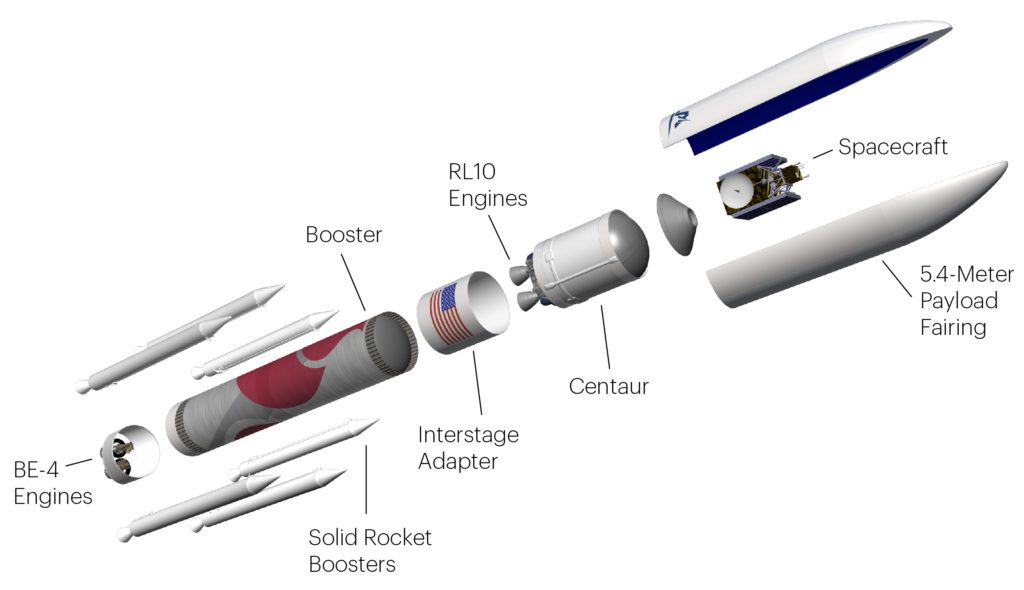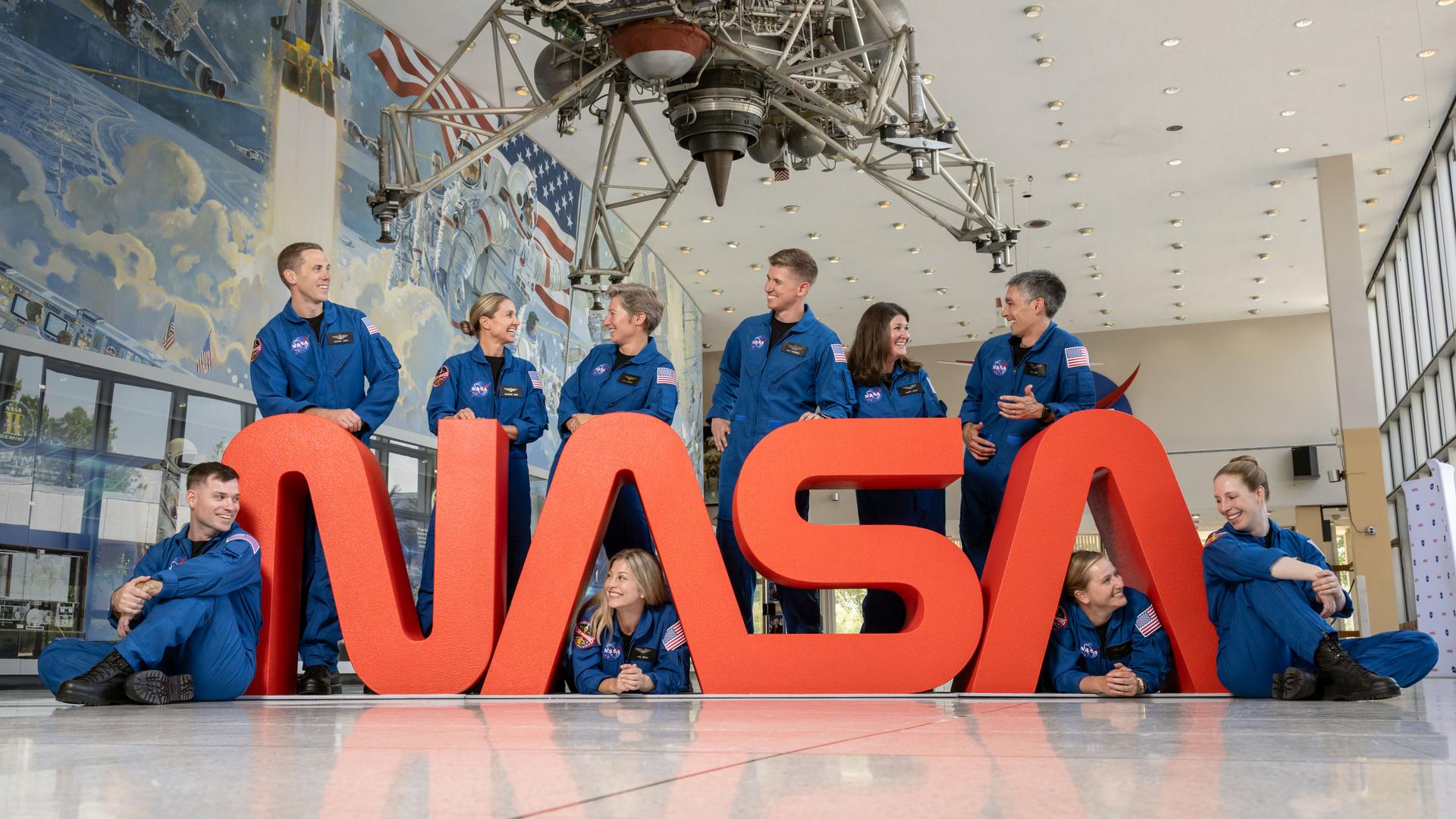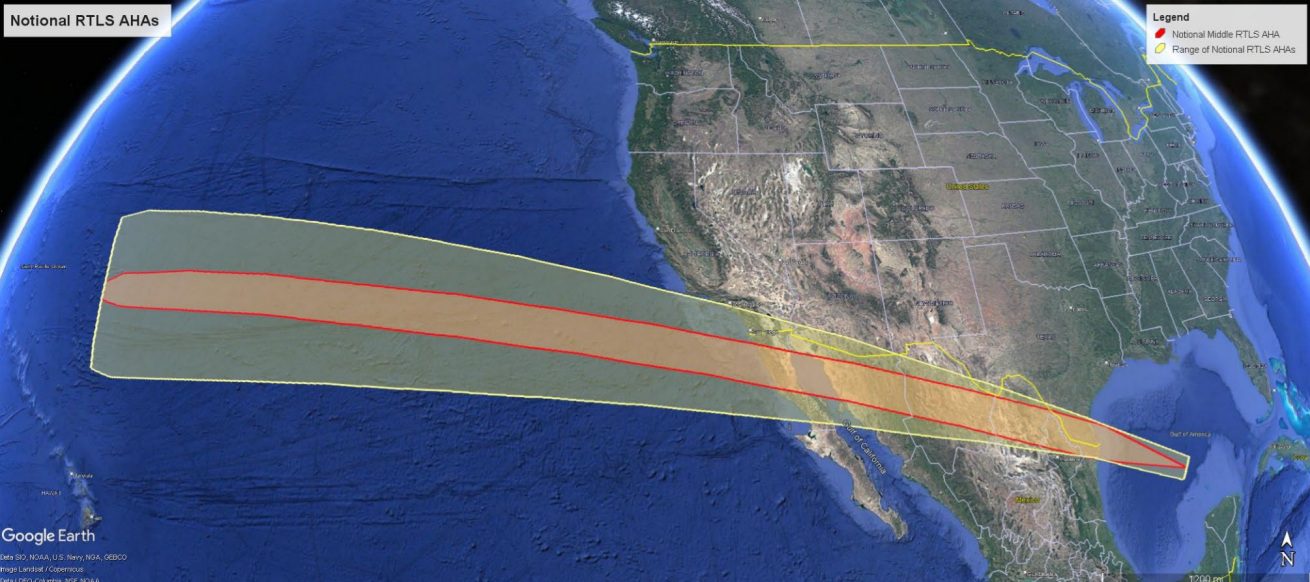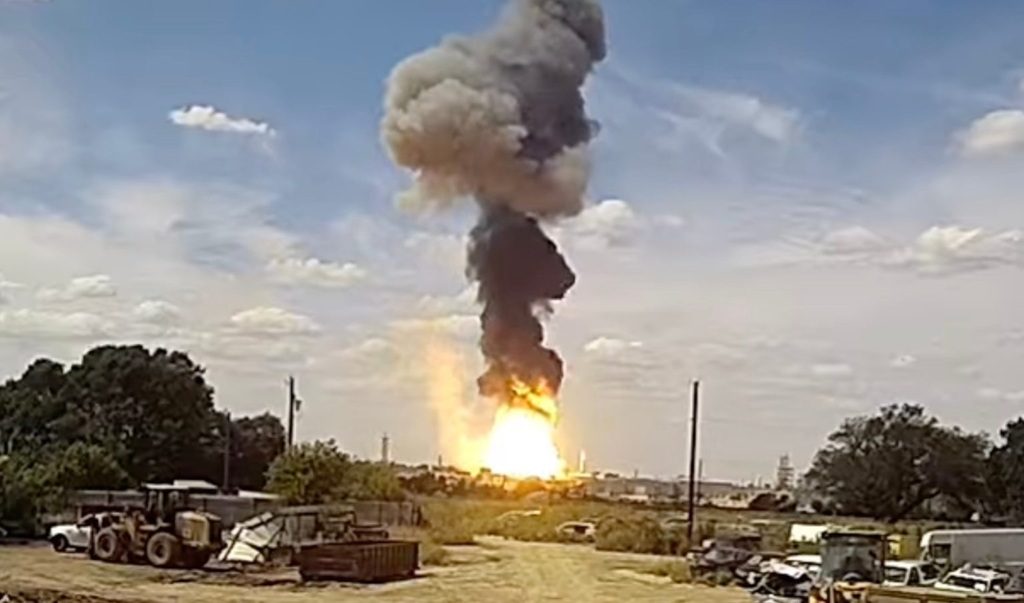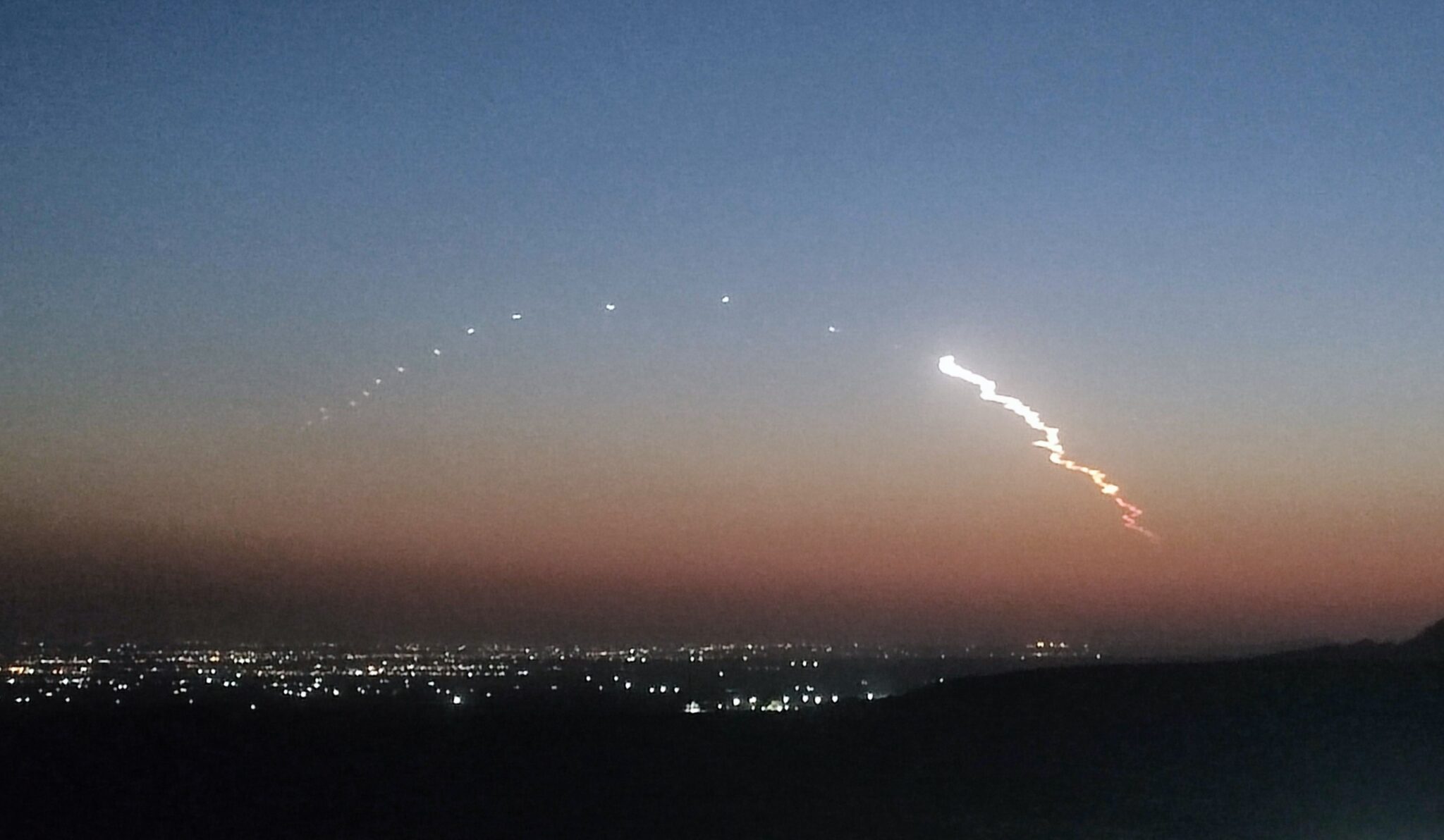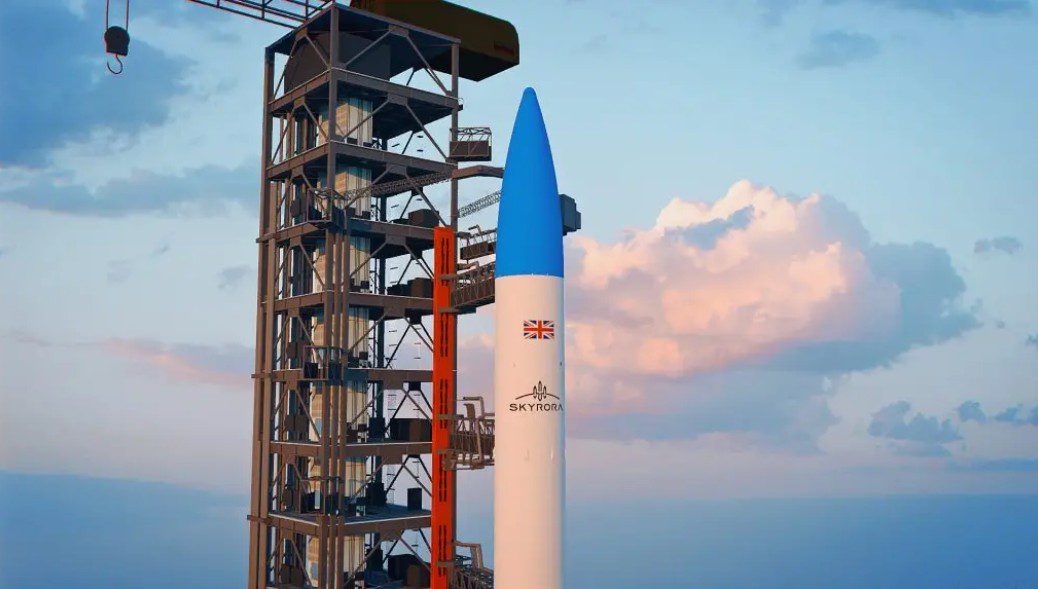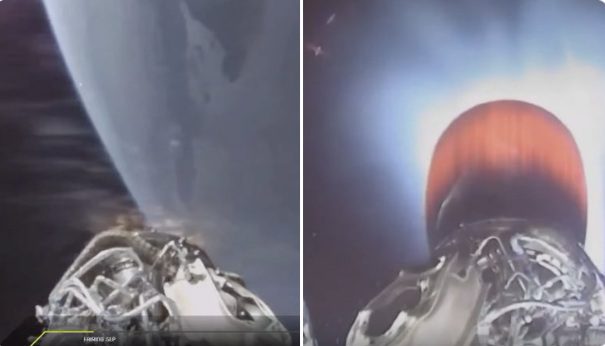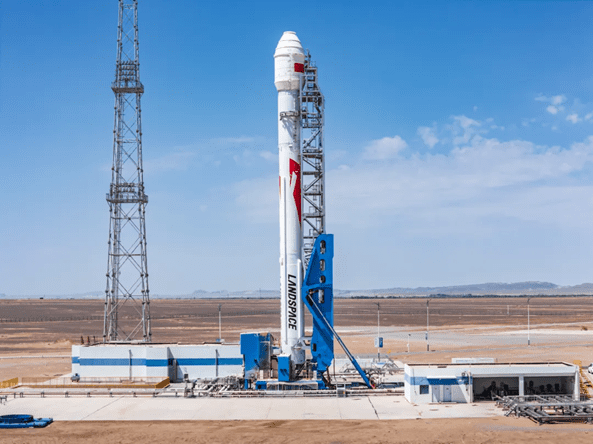The development of the Vulcan Centaur rocket by the United Launch Alliance (ULA) is a long running saga. So there was no surprise when ULA CEO Tory Bruno announced that it has been delayed again, this time to the first quarter 2023. Again, the cause is delays to the delivery of the Vulcan first stage’s Blue Origin-produced BE-4 rocket engine. Perhaps more interesting is what its payloads will be.
Amazon has decided to risk its first two Kuipersat spacecraft – prototypes for its Kuiper communications satellite constellation – on the maiden flight flying from Cape Canaveral Florida. These were originally booked to fly on ABL’s RS-1 small launch vehicle and Amazon will retain these bookings for later satellites. Also aboard the Vulcan Centaur – in its 542 configuration – will be the already announced Peregrine lunar lander owned by Astrobiotic which is carrying commercial payloads to the Moon as part of the NASA’s Commercial Lunar Payload Services programme. Finally, there will also be Celestis space burial payloads of the cremated remains of so-called “ash-tronauts”.
Comment by David Todd: ULA and especially its Atlas rocket series have a laudable record for reliability. The rockets may not be the cheapest, but they will get you where you want to go. Nevertheless, launching on the first flight of the Vulcan Centaur will be risky to fly on. According to Seradata’s own data on maiden flights, the risk of failure for a brand new rocket runs at 42 per cent. ULA is keen to get certification via two successful flights of the Vulcan Centaur which it needs to fly US DoD payloads – but this one might not be one of them.

